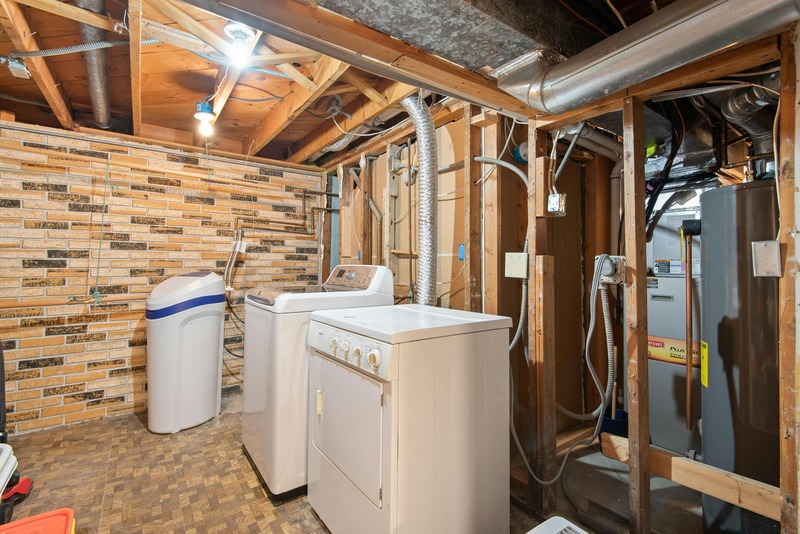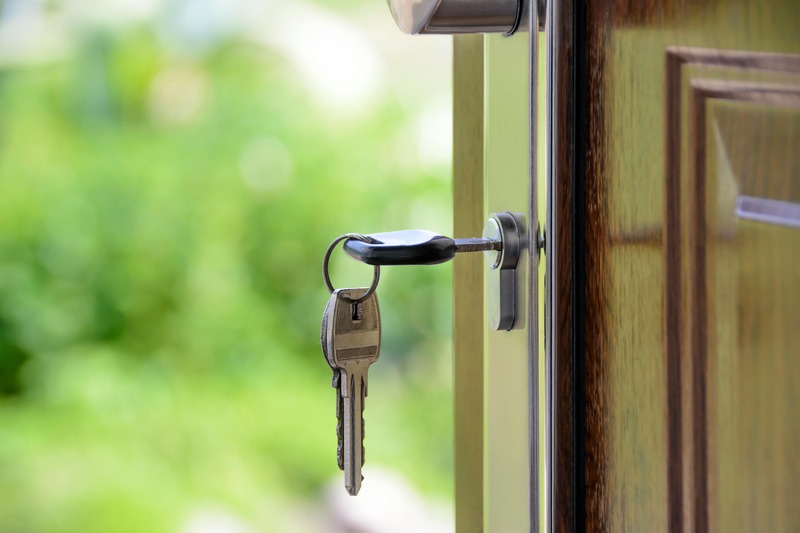
How to Report a Power Outage In Your Area
Ever found yourself in a sudden blackout? Here's how you can report a power outage quickly and effectively.
Common Causes of Power Outages
Outages can pop up unexpectedly, mainly due to severe weather like storms or high winds knocking trees into power lines. Other causes include vehicle accidents hitting utility poles, curious animals causing disruptions in electric system facilities, and scheduled maintenance by power companies to ensure the reliability of your electrical service.
Reporting a Power Outage
When the lights go out, reach out to your utility company ASAP. You can report power outages via their online "Report your Outage" tool on their website or by calling their dedicated outage reporting number. Quick reporting can help speed up the restoration process.
Contact your utility company
In an outage, contact your utility using the online tool or the hotline provided. When reporting, be specific about your service address or the location of the outage. For emergencies like downed power lines, call 9-1-1 first, then your utility company.
Necessary information to provide
You'll need to provide your exact service address or location, especially if you spot a downed wire or a dangerous situation. This information is important for directing repair crews accurately and quickly.
Utilizing Outage Tools and Resources
Modern technology has made managing outages easier. Use your utility’s Outage Center for real-time updates on outages, viewing outage maps, and accessing tools for reporting and tracking.
Checking outage status & accessing the outage map
You can check the status of your power outage by inputting your address on the provider’s website. This helps you track the progress of repair efforts and understand how many homes and businesses are affected.
Most Outage Centers have an interactive map that shows current outages. This tool helps you understand the scale of an outage and monitor when your power will be restored.
Understanding restoration times and efforts
Utility companies prioritize repairs based on severity and impact. They provide estimates on restoration times, which can change depending on the extent of damage and ongoing assessments.
Subscribing to outage alerts
Stay informed by subscribing to outage alerts. This service sends updates directly to your email or phone, providing real-time information on power restoration times and safety tips.
Reporting Safety Hazards and Emergencies
If you encounter any safety hazards like downed power lines or signs of electrical fires, report these immediately to emergency services and then to your utility provider.
Recognizing safety hazards
Be aware of the usual and unusual causes of outages. If an outage persists even after it's been marked resolved, report it again to ensure the utility is aware and can act swiftly.
Reporting gas leaks
For suspected gas leaks, evacuate the area immediately, call 9-1-1, and then contact your utility provider to report the potential risk.
Staying safe during a power outage
During an outage, prioritize safety. Avoid downed power lines and use flashlights instead of candles to prevent fire hazards. Keep electronic devices unplugged and refrigerator doors closed.
Knowing when to contact emergency services
Contact emergency services immediately for imminent hazards. Use the designated hotline for non-emergency outage reports, providing accurate location details to expedite the repair process.
Tips for Effective Reporting
Report outages directly through the utility’s designated channels. Mention any safety hazards and check if the issue might be due to an external breaker, which could be a simple fix.
Reporting intermittent power issues
Report both complete and intermittent power issues promptly. Even if the power appears restored, report any discrepancies to ensure they are addressed.
Providing location information
Accurate location details are essential for effective power restoration. Always provide the exact location when reporting outages or safety issues.
Communicating effectively with customer service representatives
Clear communication with customer service can speed up the resolution process. Use all available channels, such as phone, online, or text, to report issues and provide detailed information about your outage situation.
Written by Kendra Aquino
Kendra is EnergyBot's Content Manager.
Connect
Recent Posts
What is considered a utility bill? Your Guide to Essential Services
Utilities help to keep your daily life comfortable and your home operable. So, what is considered a utility bill? And, what is the average cost of your monthly utility bill? In this guide we’ll break down what types of essential services make up your utility bills, how to read your bill, and strategies for reducing different utility bills.
March 2025

4 minutes

Creating Your Home Buying Budget: How much house can you afford?
Before you begin the home buying process, it’s important to take the time to understand how to budget to buy a home. In the time leading up to closing you’ll need to make smart financial decisions and save strategically for your home buying budget.
March 2025

6 minutes

Why You Need to Create a Budget: Everything You Need To Establish a Home Budget
Struggling to manage your finances? Learn how creating a household budget can help you take control of your money, reduce stress, pay off debt, and save for the future.
March 2025

6 min

.jpeg)


